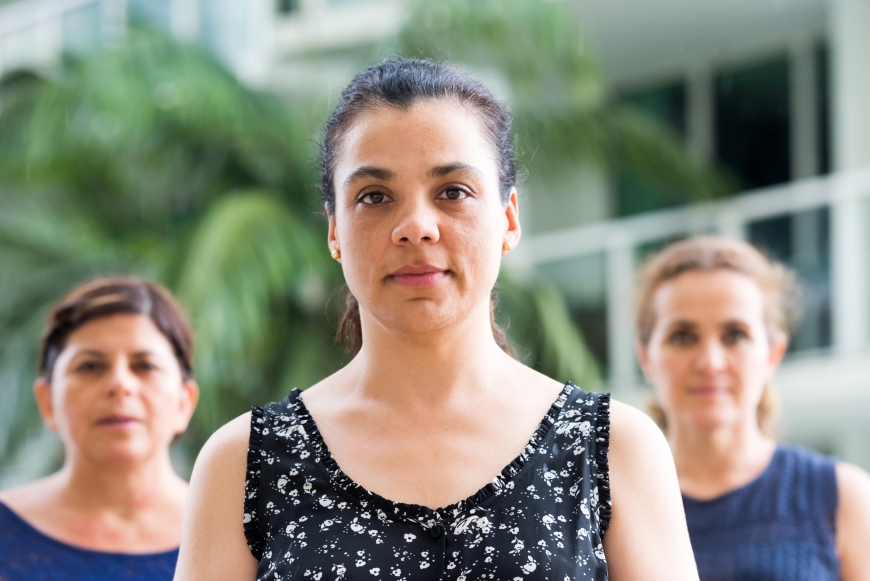Women's Rights

Women’s rights are human rights.
Due to some social structures, traditions, stereotypes and attitudes about women and their role in society, women do not always have the opportunity and ability to access and enforce their rights on the same basis as men.
Women have historically been excluded from large parts of public and political life in Australian society. For example, women were not elected to the Commonwealth Parliament until 1943. It wasn’t until 1965 that Australian women won the right to drink in a public bar. During the 1960s women working in the public service and in many private companies were forced to resign from their jobs when they got married.
While we’ve come a long way in the last 100 years, there are still many areas in Australian society in which women and girls experience unequal treatment.
Equal pay for equal work
Did you know that Australian women are paid 17.5% less than men doing the same work? This means that they would have to work an extra 64 days a year to get the same pay as men doing the same work.
This gender pay gap is influenced by a range of interconnected factors, including stereotypes about the work women and men ‘should’ do, and the way women and men ‘should’ engage in the workforce.
For instance, why is it that social and community workers are underpaid? Is it because these are unimportant jobs or is it because women have traditionally done this work?
Other factors that contribute to the gender pay gap include: discrimination, a lack of women in senior positions, a lack of part-time or flexible roles that accommodate for family responsibilities, and differences in education and work experience.
Violence against Women
Violence against women is one of the most widespread human rights abuses in Australia and around the world.
One in three Australian women will experience violence in an intimate relationship, and one in five women have experienced sexual violence since the age of 15. Additionally, domestic violence is the biggest cause of homelessness for Australian women.
This isn't about strangers. It's deeply personal, and it's happening to people we know and care about.
If you are experiencing violence, contact the National Sexual Assault, Domestic Family Violence Counselling Service on 1800RESPECT or click here to visit their website.
Making a complaint
Do you think you have been discriminated against because of your sex; gender identity; intersex status; sexual orientation; marital or relationship status (including same-sex de facto couples); family responsibilities; because you are pregnant or might become pregnant; because you are breastfeeding? Review this guide to Complaints under the Sex Discrimination Act
Further reading
- Understand employers' Positive Duty to eliminate to eliminate sexual discrimination and harassment.
- Learn about making a complaint to the Australian Human Rights Commission.
- Review the work of the Sex Discrimination Commissioner
